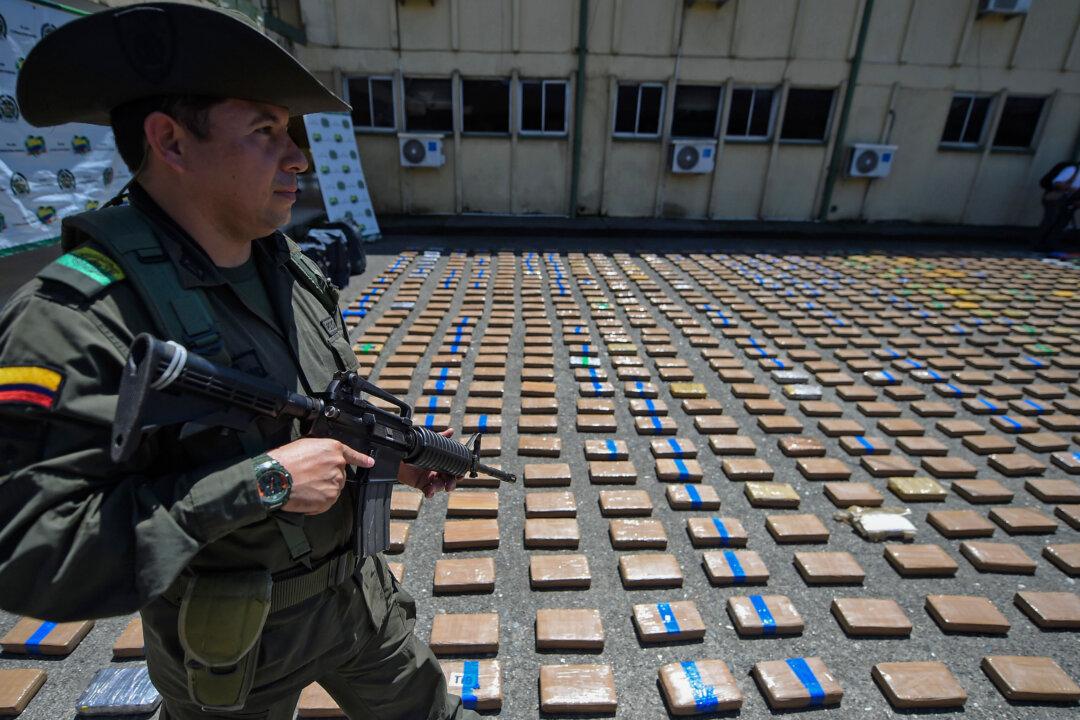BOGOTA–Colombia on Monday arrested a soon-to-be congressman from the Marxist FARC party –also known as the Revolutionary Armed Forces of Colombia – on charges of drug trafficking, the government said, sparking outrage from the former rebel group that demobilized last year.
Seusis Hernandez, who was due to take office in July, conspired to export 10 tonnes of cocaine worth $320 million in street value to the United States, Attorney General Nestor Humberto Martinez said in a televised address with President Juan Manuel Santos.





